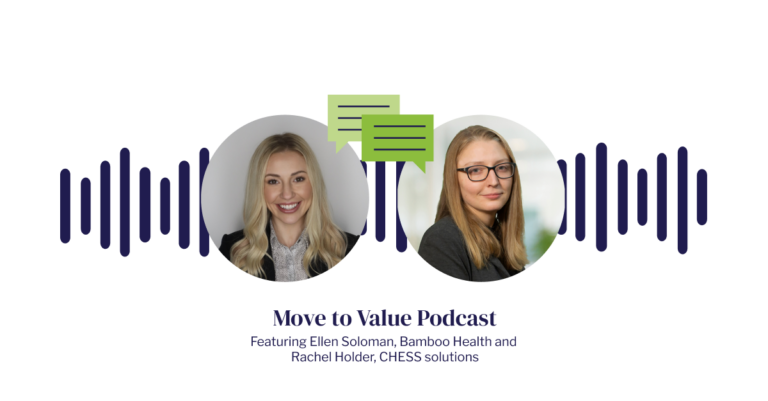During the month of May, we recognize Mental Health Awareness Month. Since 1949, this awareness initiative aims to provide support for individuals with mental illness and to educate the public on the importance of behavioral health.
According to the National Institute of Mental Health (NIMH), nearly 1 in 5 adults in the U.S. are living with mental illness. About half of the estimated 52.9 million individuals living with mental health conditions also suffer from substance use disorders of drugs and alcohol. This epidemic hit an all-time high last year as the number of drug overdose-related deaths was over 105,000, according to the Centers for Disease Control and Prevention (CDC).
Unfortunately, many people may feel uncomfortable seeking help due to the stigma surrounding behavioral health issues. By coming together to destigmatize mental illness and showing support for those living with behavioral health issues, we can help millions of people get the treatment they deserve.
Some initiatives aiming to ease the behavioral health crisis include increased research for substance use prevention, better access to treatment, and improved crisis care. The National Institute on Drug Abuse (NIDA) supports research to find ways to prevent substance use. As awareness for mental health increases, the availability of treatment options expands. And the new National Suicide Prevention Lifeline phone number, 988, will roll out in July 2022 to connect individuals in emergency situations with life-saving mental health care.
These are only a handful of large initiatives to make mental health treatment more accessible. We, as individuals, can make a great impact on this movement by helping our own loved ones get the behavioral health treatment they need.
Some ways we can support and advocate for our family and friends struggling with their mental health include:
- Express your concern in a gentle manner. Talking about mental health can be emotional. Don’t make any judgements to keep your loved one comfortable during a sensitive conversation.
- Be a good listener. Ask your loved one questions and listen carefully when they tell their story.
- Tell them you care about them. Letting your loved ones know you care about them, and their healing, can go a long way.
- Ask if you can find help. Many people may feel uncomfortable in taking the first step to find treatment. Having a friend can be very helpful during this process.
- Be aware of triggers. Individuals with behavioral health issues such as substance use disorders or anxiety may have certain triggers that impact their actions and emotions deeply. Being mindful of these triggers can support them during treatment.
- Watch for behavioral changes. If your loved one is exhibiting signs of anxiety, depression, anger, lethargy, or social isolation, check up on them to see if they need help.
- Check in on them during recovery. Behavioral health treatment can take time, so it’s important to let your loved one know they have your support throughout the entire journey.
In addition to supporting those close to you, you can also participate in Mental Health Awareness Month activities with the online community. Rallying together to tell our own stories and advocate for change can make a huge impact on society.
You can share your support for Mental Health Awareness Month by:
- Sharing your personal story online with #Together4MH
- Volunteering for advocacy events in your community
- Attending virtual webinars through the National Alliance on Mental Health (NAMI)
- Advocating for mental health policy change with #Vote4MentalHealth
Mental Health Awareness Month is a time for us to reflect on the behavioral health crisis. By working together, we can do our part in improving access to treatment and destigmatizing mental illness.
Remember: you are not alone in this fight. It is never too late to get help. If you or a loved one is ready to seek behavioral health treatment, use the free Treatment Connection assessment tool to find treatment options near you.



